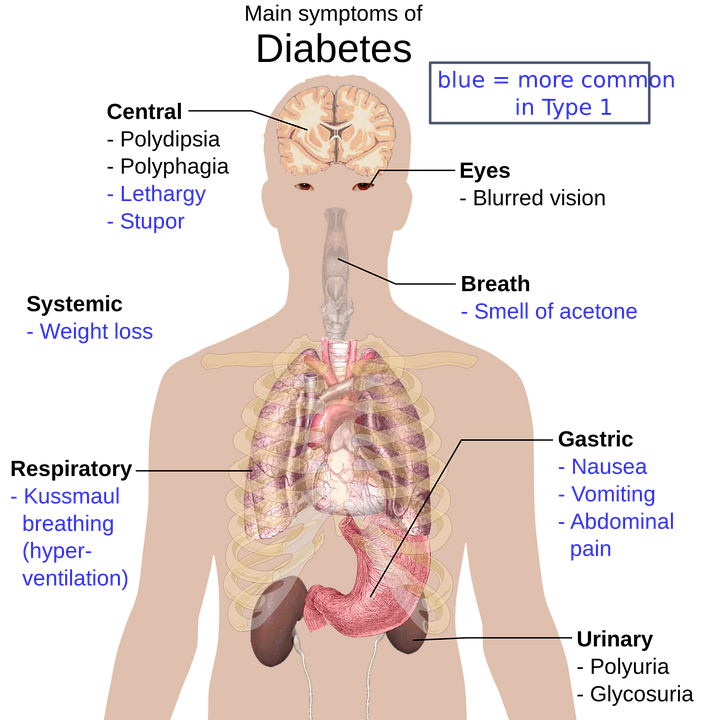Everyone goes through rough patches now and again – that’s just the way life is, and most of the time, it’s a matter of being in a situation which is beyond your control. But there are certain times when difficulties can have a really adverse effect on one’s outlook and behavior, and this is where therapy and counseling may become a necessity. Different people go through different psychological challenges and issues, including depression, anxiety, and grief, and counseling can be beneficial when you are dealing with these issues. But counseling and therapy are more than just seeking professional help – it’s also about being able to talk to someone about what you feel and what you are going through. This is only one of the many benefits of therapy and counseling. Here are some other real benefits of anti-depression therapy and counseling you should know.
Get a different perspective on your thoughts and views:
When you speak to someone about your emotions, thoughts, and feelings, this allows you to see those same thoughts and feelings from a different perspective other than your own. Just the simple act of talking about what you are feeling enables you to listen to yourself, thus allowing you to gain a new understanding of what you are going through. Seeing a counselor or therapist is similar to writing in a diary or journal – when you see your own problems in written form, you can examine them from a different angle. Sometimes, you may find that your worries and issues may not be founded on a concrete cause, or what you may have considered a dire situation or problem turns out not to be as terrible as you had thought.
A purging experience:
Many keep things inside, and this isn’t beneficial to them – or anyone else, for that matter. But when you speak to a counselor or therapist, you can essentially ‘vent’ and purge yourself of what you have probably been keeping inside for a long time. Bottling up one’s feelings isn’t ideal for anyone – but you can have the perfect chance to release those feelings when you receive counseling and support.
The ideal time to process what you are going through:
Our lives are always busy – most of us hardly have the time to sit down to have a meal, let alone talk about our feelings and emotions. But when you speak with a therapist or counselor, you are setting aside time in order to process your feelings – be it remorse, anger, grief, sadness, or any other complex emotion. When you spend time in counseling, you are also prioritizing your needs and have the opportunity to confront whatever issue you have face to face.
A couple can take advantage of a neutral observer:
If you are a couple and you are interested in seeking counseling or therapy to better your relationship or improve it, you can take advantage of a neutral observer. Many couples may have a hard time confronting their issues or even talking about them without getting into an argument, simply because they are so emotionally involved. But with a counselor or therapist, you can take the time to sort through your issues and air your views as a couple without fear of judgment or arguments. Having a therapist or counselor with you as you air your views and feelings means that the therapist or counselor can be the mediator you need; they can enable you to see each other’s feelings and arguments from the other person’s perspective as well.
Read Also:






















